
Loading...
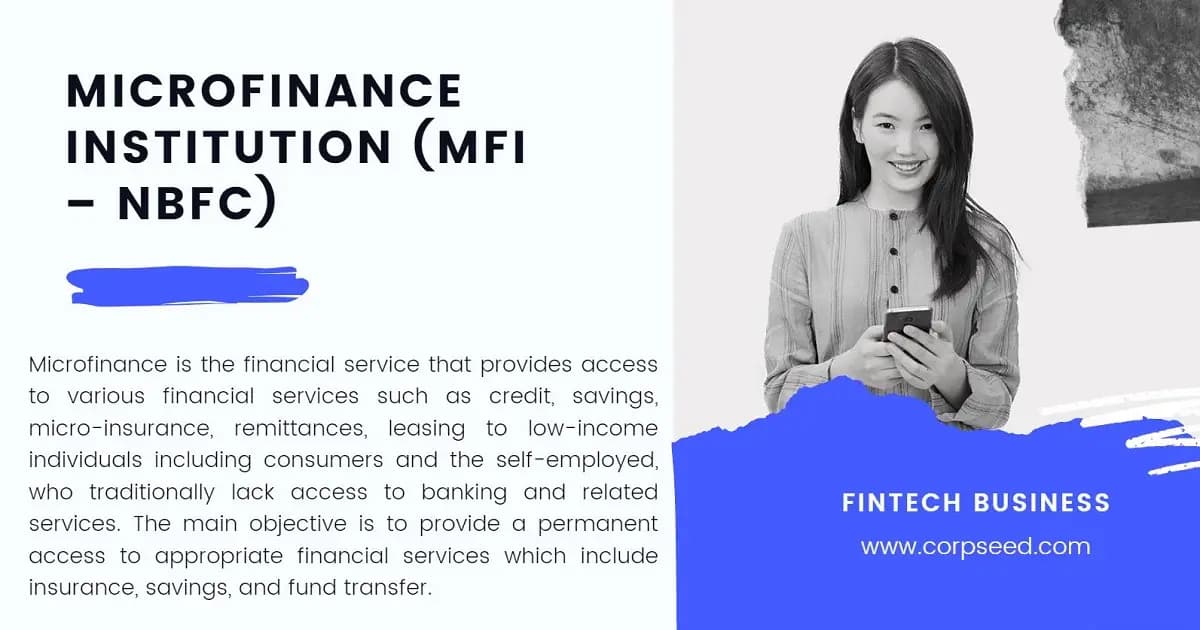
Microfinance is the financial service that provides access to various financial services such as credit, savings, micro-insurance, remittances, leasing to low-income
About the Author

Related articles
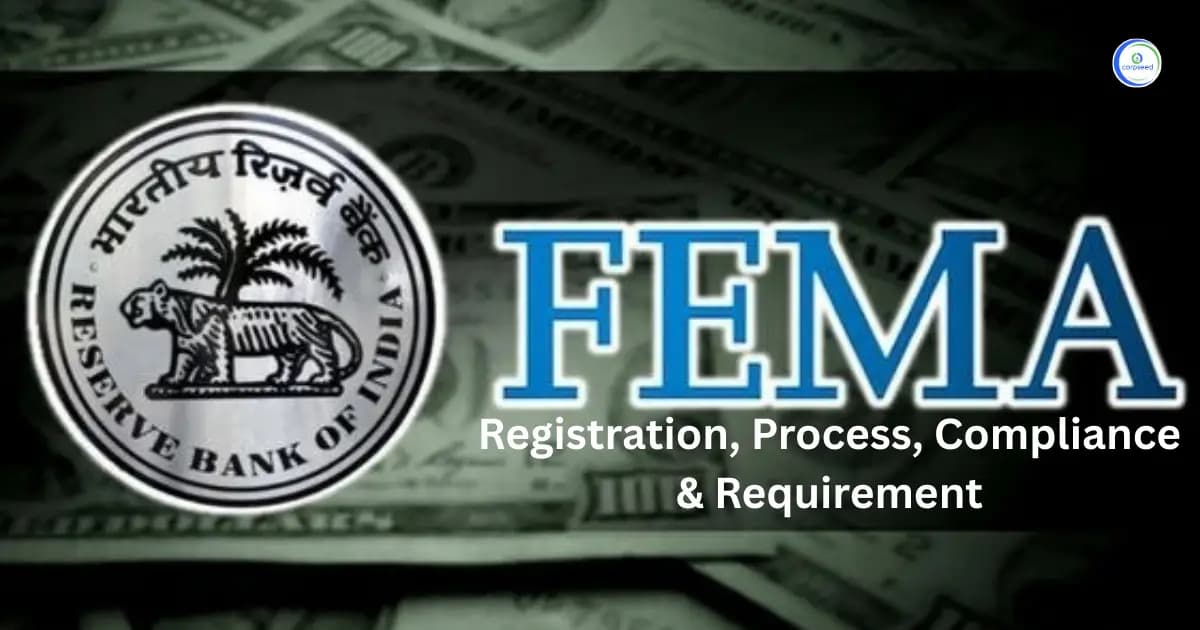
FEMA Registration Process, Compliance, and Requirements
2025-09-10
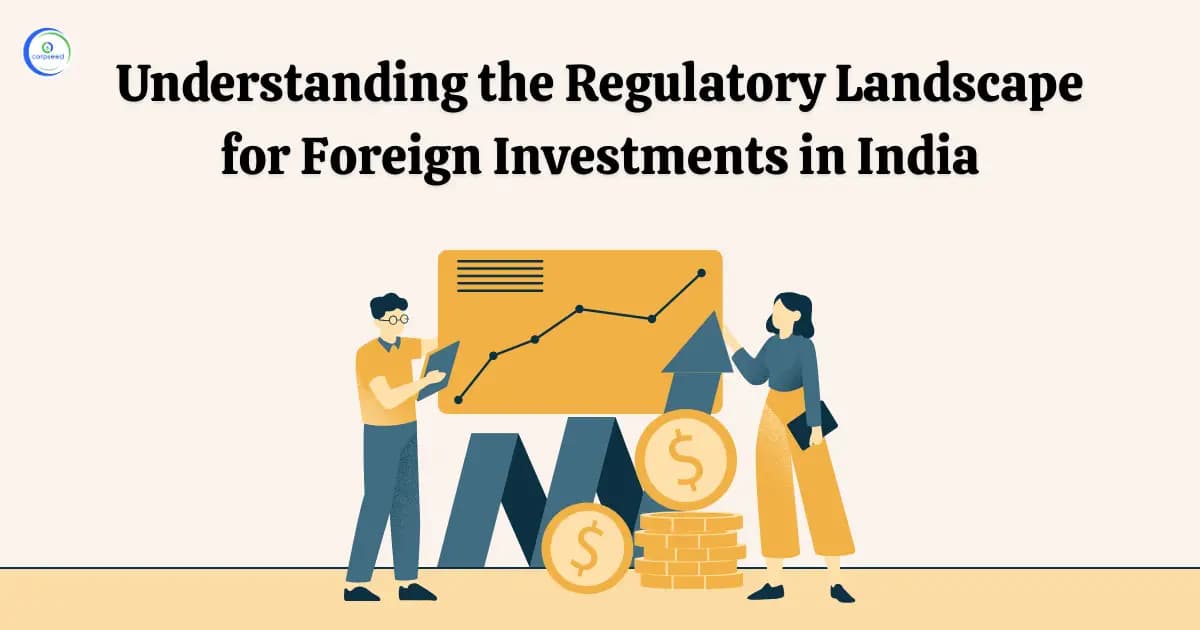
Understanding the Regulatory Landscape for Foreign Investments in India
2025-04-23

How to Start a Factoring Business in India?
2025-01-23
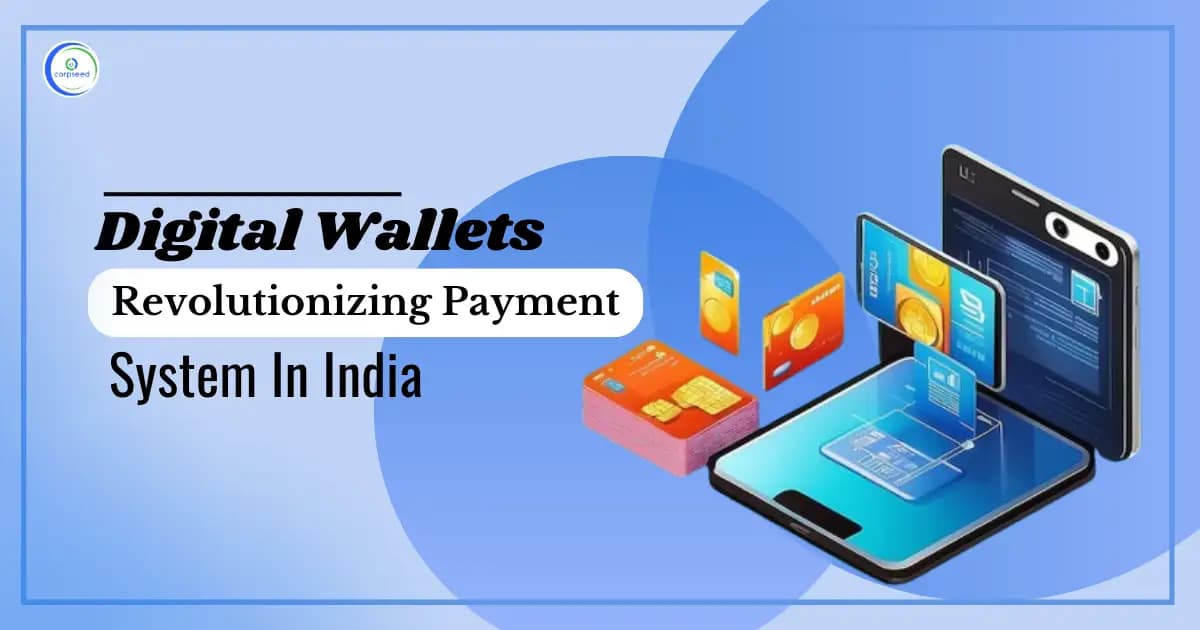
Digital Wallets Revolutionizing Payment System In India
2024-05-09

The effect of Artificial intelligence on Financial Regulatory Compliance
2023-09-26
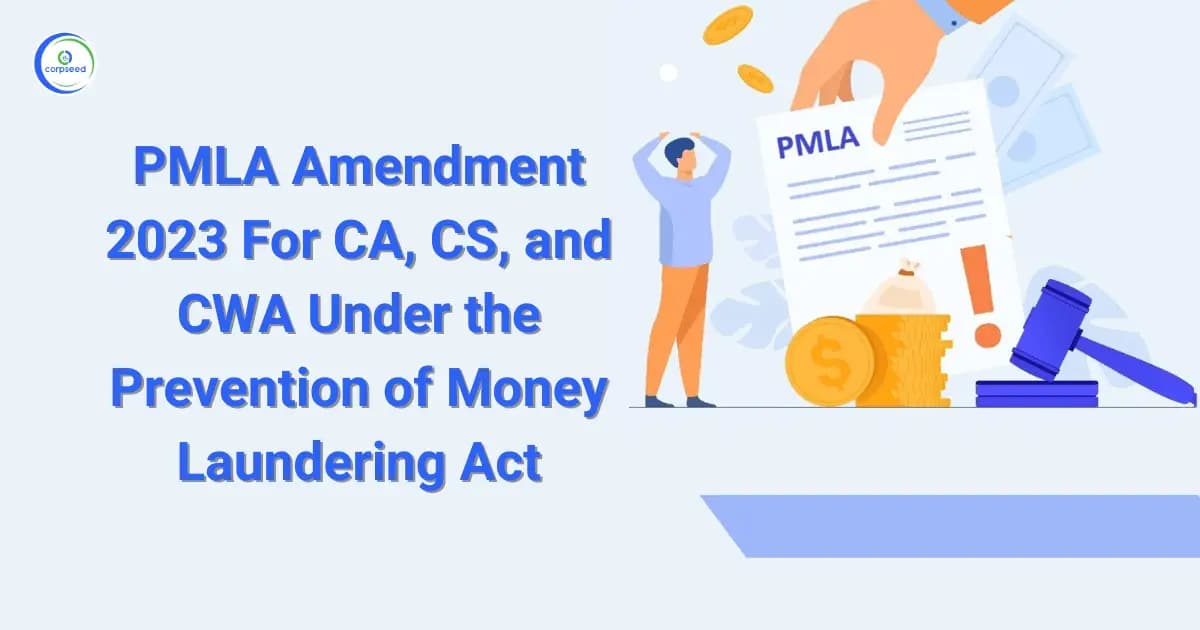
PMLA Amendment 2023 For CA, CS, and CWA Under the Prevention of Money Laundering Act
2023-05-10